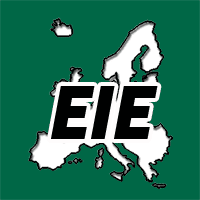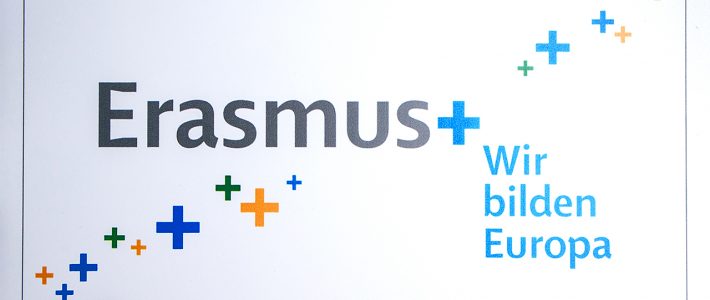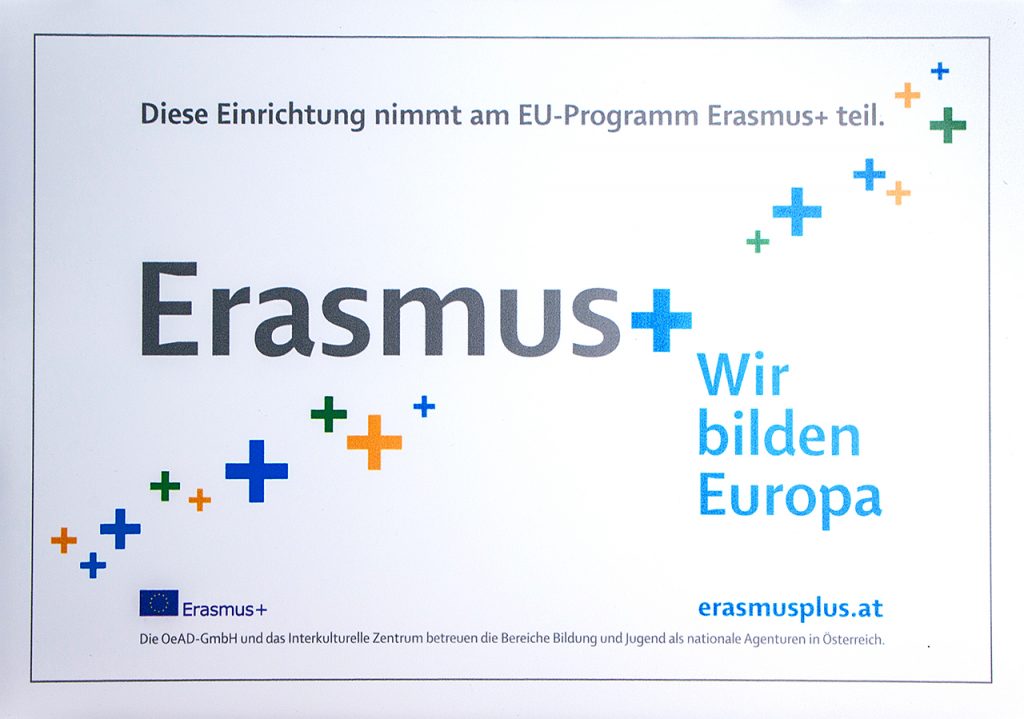Flipped Adult Education
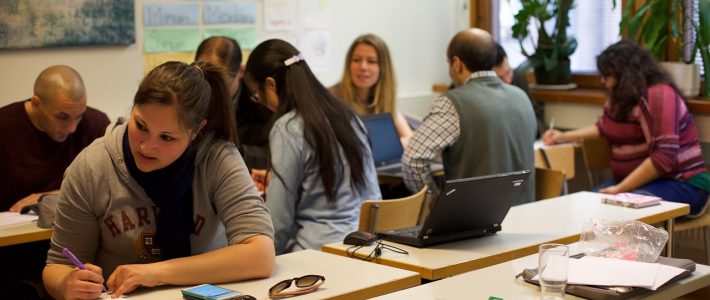
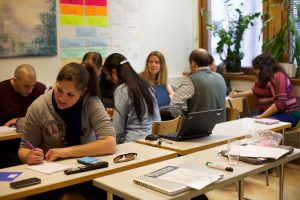
(Source: PixaBay)
This is the title of the new Erasmus+ project of the EBI/EIE. As the coordinator in this project we will initiate the development of an eBook as a guide to flipped learning in the field of Adult Education.
The objectives of the FADE-in project are to develop a course concepts to adult learning using a flipped approach. This means active and self-directed learning, to “flip” the roles (Trainer ⇒ Facilitater, Learner ⇒ Self-Determining Adult with self-responsibility for their learning (heutagogical approach). The Global Flipped Learning Initiative (GFLI) with Jon Bergman (the developer of Flipped
Learning) will be an associated partner in the project and impact with the state-of-the-art knowledge and experience of “flipping the
learning”.
The consortium consists of four AE organisations with a complementary field of action well-distributed in Europe (Greece, Spain, Norway, Austria). This will ensure a wide scope of experience and impact to the project as well as a versatile result addressing all groups of adult learners. The consortium in detail consist of
- EBI (Austria), a AE institution with an own research and technics
department focusing on elderly adults. - EDRASE (Greece) is specialist in courses held on remote places addressing adults with geographical obstacles.
- Intermezzo Ungdomsorganisasjon (Norway), an AE organization with a focus on younger adults, including people with migration background and refugees, will focus on language learning and inclusion.
- Asociación Juvance (Spain) is involved in the work with younger adults, many of them with fewer opportunities, and focuses on intercultural, critical learning to endorse the learners to act as active, creative, responsive and supportive citizens.
The developed eBook will enable other AE providers also to change their teaching. Courses for trainers of AE organisations will pass the project’s results to them. The project’s findings will bring an impact of renewal to AE organisations. This impact will be enabled by the professional and intensive dissemination of the project to the target groups.
